
There was no electricity in the Bosnian town of Gorazde during the wartime siege, so the residents were forced to improvise. Today, they are sharing their innovations with the people of Ukraine.
In their struggle to survive, Gorazde residents had to get creative. For example, they built a bridge under another bridge so that they could safely cross from one side of the river to the other.
One of their innovative ideas was setting up small power stations. Aziz Lepenica, a retired professor at the Secondary Vocational School “Dzemal Bijedic” in Gorazde, was one of the people working on the construction.
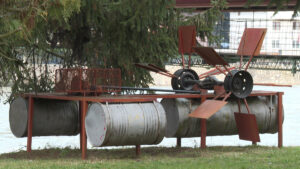
“We improvised with many things to create the power stations. There wasn't a lot of material, we made it in the workshops that we built, we looked for material in junkyards, broken cars, we removed parts, engines, from machines and assembled the stations,” he explained.
It worked, and the residents used the electricity to power machines, drills and other devices. However, it was extremely dangerous.
“There were some who gave their lives. The Drina river is big, the water levels could rise, the cables are clamped to the power station and if that breaks, then everything is destroyed. It was dangerous but we endured it all,” he remembered.
Work on the power stations would be conducted at night because “there was shooting during the day”, he said, explaining that those working on them would use flashlights.
“We worked as one. We had a lot of initiative to get electricity and listen to some news, music and such,” he said.
The new Prime Minister of the Bosnian-Podrinje Canton, Edin Culov, also participated in the construction of the stations during the war. He shared his experience with N1 and explained how the heroic act of the citizens of Gorazde is now turning into a good deed for the world.
Culov said he was contacted by the European Union and put together a project with the goal of helping the people of Ukraine. He is sending sketches, drawings, and video materials to Ukraine so that they too could build power stations on their rivers.
“Our friends, well-intentioned people mostly from Gorazde, who work in international organizations, came up with the idea that the first project should be to our Canton helping the people of Ukraine”, said Culov, adding that Ukrainians are now in a similar situation to the one Gorazde residents were in during the Bosnian war.
He remembered what it was like to work at those power stations.
“Now imagine being without electricity throughout the longest nights in December, without any light, you can't read anything, you can't watch anything, there is no street lighting. It is inconceivable. It's hard to describe to someone who hasn't experienced it,” he said.
Culov remembered a particular night in “'93. or ‘94.”
“People were preparing for the new year the best they could and they were building power stations. Preparations were made for them to enjoy the new year, to have light, small televisions and to enjoy themselves. However, there was a lot of rain then, the weather was bad and suddenly the water Drina swelled and more than half of the power stations were destroyed or washed away,” he said.
The citizens of Gorazde also build an improvised armoured van, the “OPRES”, which was used to transport the wounded, doctors or medicine.
Replicas of an armoured vehicle and power station made by students and teachers of the Secondary Vocational School “Dzemal Bijedic” were set up in the town to mark the Day of Gorazde. Those who created them will now be sending the blueprints and replicas to Ukraine.
“This year, the Prime Minister invited us to create a project for this power station that will be sent to Ukraine through the EU. We have five mechanical engineers and our mechanical engineering students work together with the professors on all these projects. Professors make sketches, and students implement them,” said Sedin Hadzimusic, the school principal.
Gorazde has never faltered when it was necessary to show courage. The timid river became a resource, and decades later, creative ideas are selflessly being sent out into the world. The humanitarian task that is passed on to the younger generations remains sealed in the nature of the city in the east of Bosnia and Herzegovina.

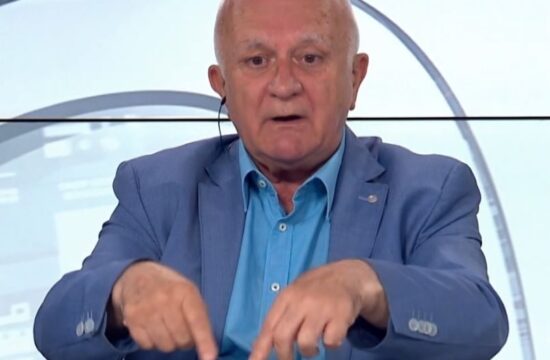
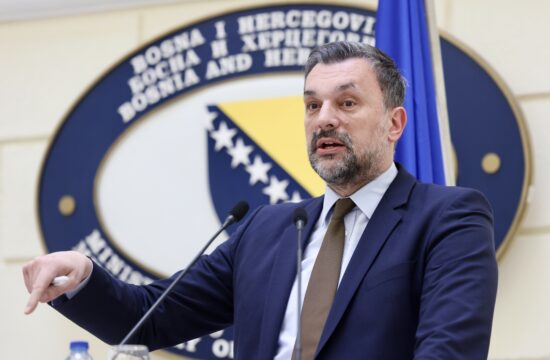
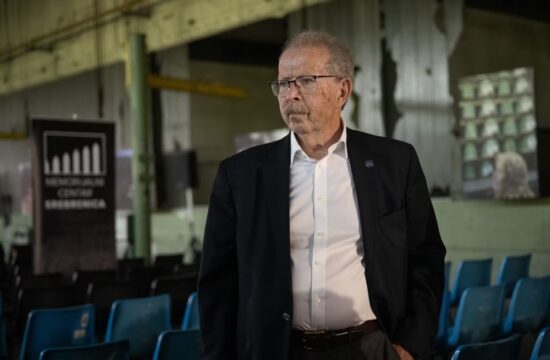
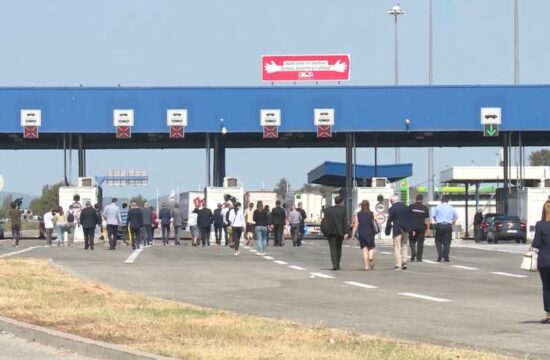
Kakvo je tvoje mišljenje o ovome?
Budi prvi koji će ostaviti komentar!